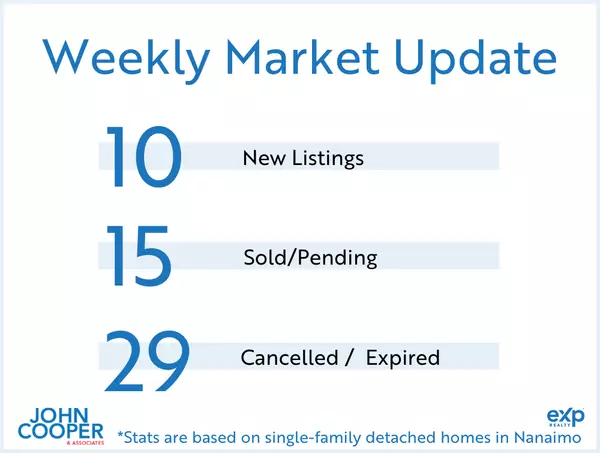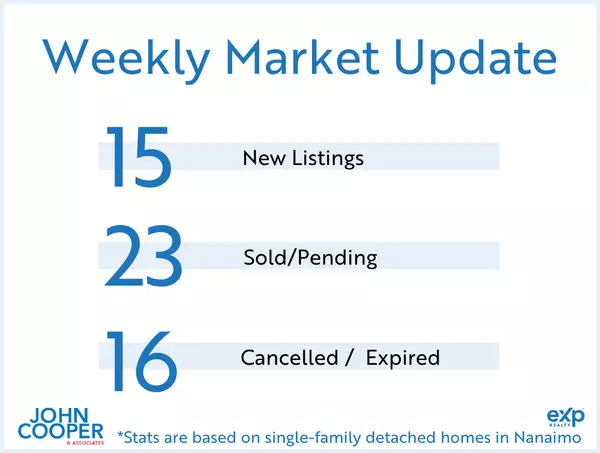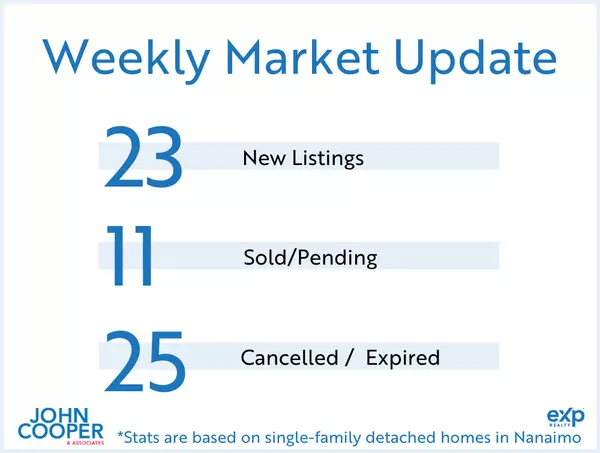Navigating Interest Rate Hikes in 2023: What Nanaimo Homebuyers Need to Know

If you've been keeping up with news about inflation and mortgage rates in Canada, you may have come across recent discussions about the Bank of Canada's (BoC) decision. But what does it mean for you, the housing market, and your plans to buy a home? Here's a breakdown of what you need to know.
Inflation and its Effects on the Housing Market
Similar to its American counterpart, the Bank of Canada strives to manage inflation levels within a specific target range. However, recent data indicates that inflation remains higher than the desired target of 2%. This played a significant role in the BoC's decision to raise interest rates in an attempt to control inflationary pressures and stabilize the economy. As financial experts explain, these rate hikes aim to moderate an economy that has been on a rapid rebound following the pandemic-induced recession of 2020.
While the Bank of Canada's actions do not directly determine mortgage rates, they do have an impact and contributed to intentional market cooling measures implemented last year.
How This Affects You
During periods of high inflation, everyday expenses tend to rise, leading to increased costs for consumers. You may have already noticed the impact at the gas pump and in grocery store aisles. The Bank of Canada is actively working to reduce inflation by raising interest rates. If successful, this effort could potentially lead to lower mortgage rates and improved affordability for homebuyers. Historically, mortgage rates tend to be high when inflation is high. However, as inflation cools down, experts predict that mortgage rates will likely decrease. We will have to see about that.
Expert Projections for Mortgage Rates and Inflation in Canada
Both inflation and mortgage rates will continue to influence the housing market. According to Lawrence Yun, Chief Economist at the Canadian Real Estate Association (CREA), "Mortgage rates are likely to decrease later in the year as consumer price inflation calms down."
Mike Fratantoni, Chief Economist at the Canadian Bankers Association (CBA), supports this view, stating, "We anticipate that mortgage rates will gradually decline throughout the year as the economy slows down."
While it is impossible to predict with certainty where mortgage rates will head, industry experts believe that rates will trend downward if inflation levels decrease. Connecting with a trusted real estate advisor is advisable to stay informed about the latest insights. These professionals stay up-to-date with market developments and can help you understand expert projections and how they might impact your plans to become a homeowner.
The Bottom Line
Do not let headlines about the Bank of Canada's recent decision confuse you. The trajectory of mortgage rates depends on the future course of inflation. If inflation subsides, mortgage rates are likely to follow suit and decrease. By staying connected with industry professionals, you can gain expert insights into housing market changes and their implications for you.
As you navigate the Canadian real estate landscape, keep in mind that market conditions can change rapidly. Consulting with a knowledgeable real estate advisor will ensure that you have the most up-to-date information to make informed decisions regarding your homeownership goals.
Let's stay connected so that you can receive expert guidance on housing market dynamics and their potential impact on your plans.
Warmest of regards,
John Cooper
John Cooper Group - eXp Realty
250.619.9207
Categories
Recent Posts










